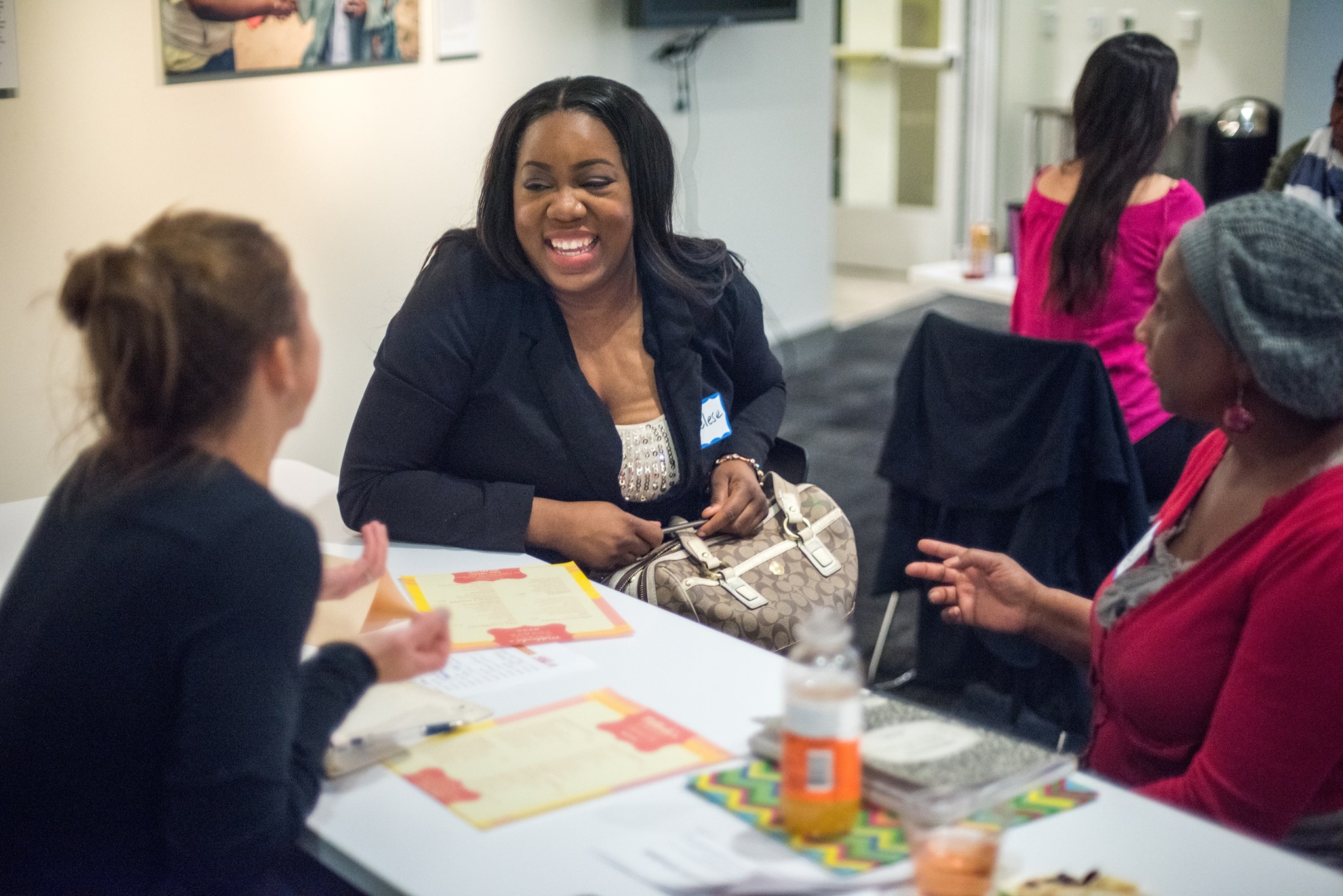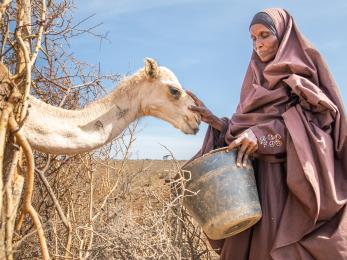Pilot launch: Driving adoption of regenerative agriculture with Web3-enabled reward tokens

Mercy Corps Ventures, the venture capital arm of Mercy Corps, invests in startups building climate resilience and financial resilience for communities across the world. We’ve supported 32+ ventures to scale and raise over $125 million in follow-on capital. This post is the first of a two-part series; the second blog will share key insights after the pilot is completed.
Several studies have shown that decades of conventional agriculture practices such as synthetic input use, monocropping, and deep tillage have led to a deterioration in the fertility of soils in Kenya. Though many are aware of the benefits, smallholders are hesitant to transition to regenerative practices because the payoff is not immediate and many have limited access to regenerative inputs and services.
The pilot
We’ve partnered with Farm Star to launch a new pilot to test the use of Web3-enabled rewards that are interoperable and usable with other ecosystem platforms to drive adoption of regenerative agricultural practices amongst smallholder farmers in Kenya.
Farm Star is a leading distributor of organic fertiliser in Kenya with a customer base of 10,000+ smallholder farmers and a country-wide network spanning 1,000+ resellers. Farm Star’s flagship product, Evergrow, is a nutrient-rich fully decomposed organic fertiliser made of 100% organic materials. The company is a subsidiary of Sanergy (housed within the Regen Organics division) and was recently recognised as a finalist of the Zayed Sustainability Prize.
Farm Star is launching a customer loyalty programme to encourage repeat purchase behavior. Most loyalty programmes only allow participants to ‘spend’ their points in pre-defined ways, but this design choice often limits the attractiveness of reward points. In this pilot, Web3 reward tokens, interoperable with third party services, give farmers flexible and additional ways in which they can use reward points. Farmers who purchase Evergrow fertiliser will receive reward tokens which can be redeemed for additional fertiliser or services/products from other ecosystem partners, or even cashed out to fiat via M-PESA. For instance, a farmer could eventually use their Farm Star rewards to purchase insurance from ACRE Africa or even purchase products on Nuzo.
The loyalty platform will be available on both USSD menu as well as a downloadable smartphone app. Each Evergrow bag will be labeled with a unique identifier, which participating farmers and agrovets can input into the app/USSD menu to redeem reward points.

Our hypotheses
Loyalty rewards programmes drive uptake and adoption of regenerative agricultural products, leading to better environmental and business outcomes. This will be measured by:
- % increase in bags of Evergrow fertiliser purchased per farmer
- % increase in share of wallet for regenerative agricultural products (across all fertiliser brands in Kenya)
Regenerative agriculture leads to higher output and profitability for farmers. This will be measured by:
- % increase in yields/output for farmers
- % increase in net income for farmers
Web3 integration into loyalty programmes enhances the utility of reward points, which leads to better customer satisfaction:
- Net Promoter Score (NPS) of rewards programme
- Qualitative feedback on available redemption pathways
We are excited to launch this pilot in collaboration with MCV to drive the adoption of regenerative inputs across Kenya and beyond. We are hoping diversified financial benefits of the loyalty programme, enabled by the Web3 ecosystem, will give farmers the financial flexibility to make the transition to regenerative farming work on their terms.
Ani Vallabhaneni, CEO & Co-Founder, Sanergy
Through the use of Web3 interoperable rewards, we are testing a new model for incentivising smallholders to transition to regenerative agriculture. At the same time, this pilot tests a new way for organisations to easily enable partners to subsidise their customer rewards programmes. Scaling this pilot could accelerate the adoption of regenerative practices while ensuring better food security and economic wellbeing of smallholders.



